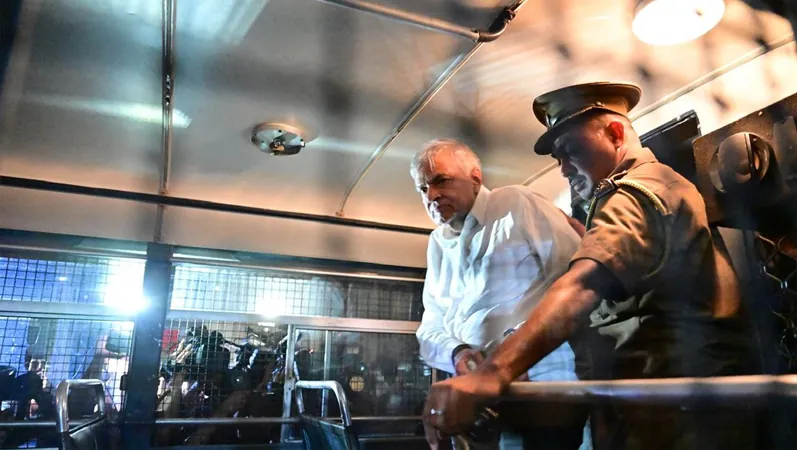
Shocking Arrest of Sri Lanka's Ex-President: What It Means for the Nation
2025-08-26
Author: Charlotte
A Historic Arrest in Sri Lanka's Political Landscape
The recent arrest of former President Ranil Wickremesinghe marks a monumental shift in Sri Lanka's political narrative — a development that echoes through the annals of the island nation’s history post-independence. For decades, Wickremesinghe embodied political continuity, steering the country through crises and shaping its economic policies while representing Sri Lanka on the global stage.
A Surprising Shift in Political Accountability
Wickremesinghe's detention is unprecedented; he is the first ex-head of state in Sri Lanka to be arrested, challenging the long-held notion of political immunity among the elite. Historically, although past presidents faced allegations of corruption and mismanagement, few were held accountable after leaving office. This arrest could symbolize a new chapter where no political figure is insulated from scrutiny post-tenure.
Impacts on Political Stability
Wickremesinghe was more than a politician; he was an institution. His extensive tenure allowed him to function as a critical bridge between Sri Lanka and the global community. His abrupt removal from the political realm may create a vacuum, altering international relations and diminishing the ruling administration's connections to Western powers and global financial institutions.
Unpacking Constitutional Challenges
This arrest raises essential constitutional dilemmas. Sri Lanka's 1978 Constitution historically granted significant powers to the presidency, and although some reforms have been made, questions linger about whether previous presidents enjoy immunity from prosecution for actions taken in office. Wickremesinghe’s case will scrutinize these legal boundaries, particularly if his alleged offenses fall under his official duties or if they constitute personal misconduct.
Political Party Dynamics in Flux
The United National Party (UNP), already weakened, faces annihilation without Wickremesinghe’s leadership. Meanwhile, opposition parties may find an opportunity to redefine their stance amid potential perceptions of bias and selective justice surrounding the arrest. The narrative surrounding this event will crucially influence public sentiment and future political battles.
Global Reactions and Economic Concerns
Wickremesinghe's international connections will also come under the microscope. His arrest sends ripples through diplomatic channels, raising concerns among key stakeholders like the IMF about continuity in economic policy and reform. Should the arrest be interpreted as politically charged, it could strain Sri Lanka's relations with partners advocating for democratic values.
Public Opinion: Divided Yet Engaged
The Sri Lankan public remains deeply divided about Wickremesinghe, admiring his reformist vision while criticizing his handling of economic crises. His arrest may spark feelings of justice among those affected by the economic downturn, but could evoke outrage from his staunch supporters, reflecting the broader societal fissures regarding governance and accountability.
Long-term Implications for Democracy and Governance
Ultimately, Wickremesinghe's arrest poses the critical question: will Sri Lanka usher in a new era of accountability, or is this merely another chapter in its history of politicized justice? Appropriately managed, this event could bolster the country's democratic framework, affirming that no one is above the law. However, if perceived as revenge-driven, it risks exacerbating mistrust in political institutions and perpetuating authoritarian governance.
As this political saga continues to unfold, all eyes will be on Sri Lanka to see whether it embraces true accountability or recedes into cycles of retribution.
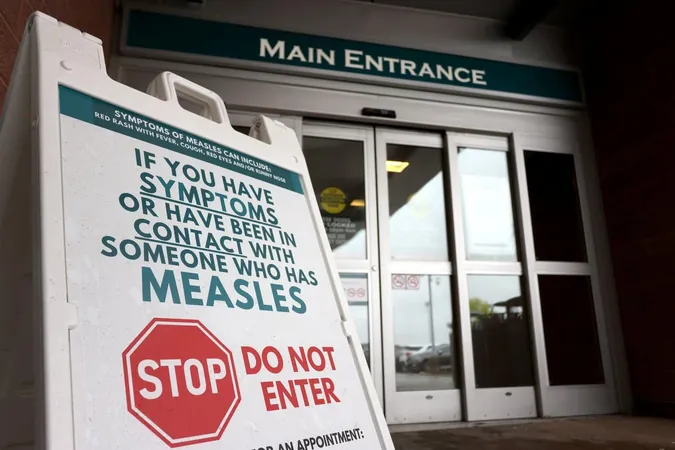
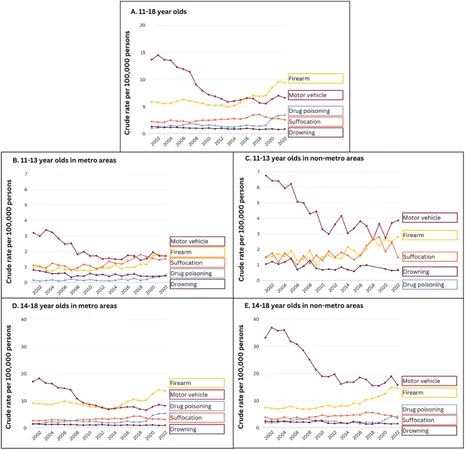
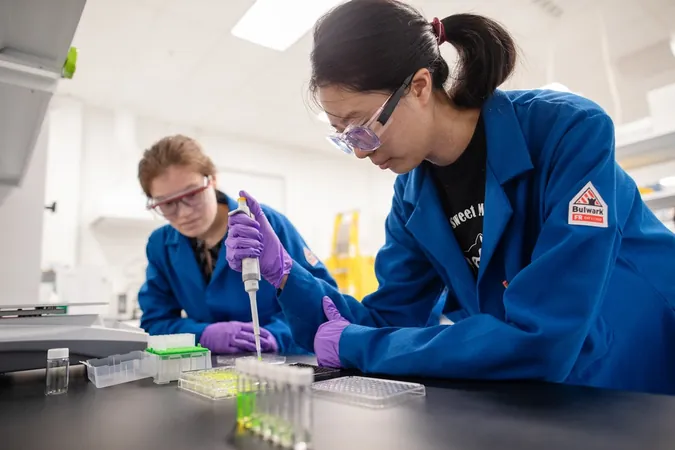

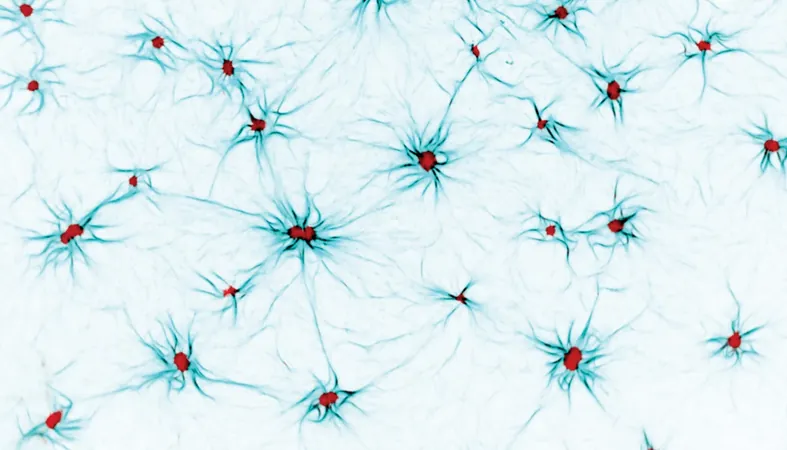
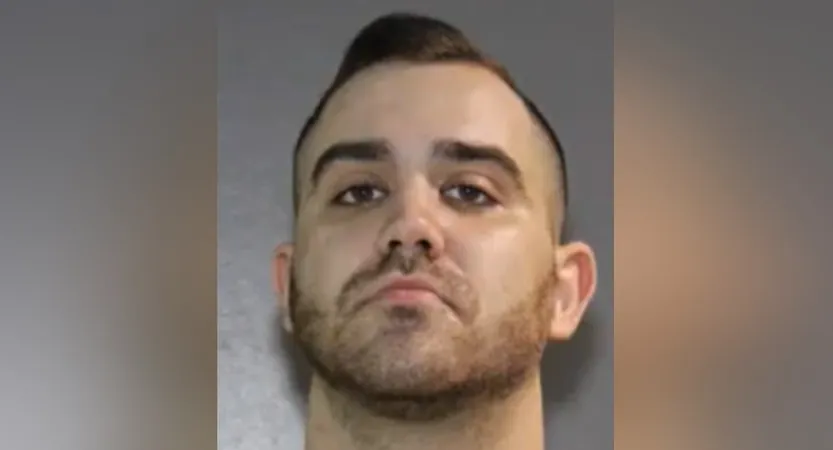
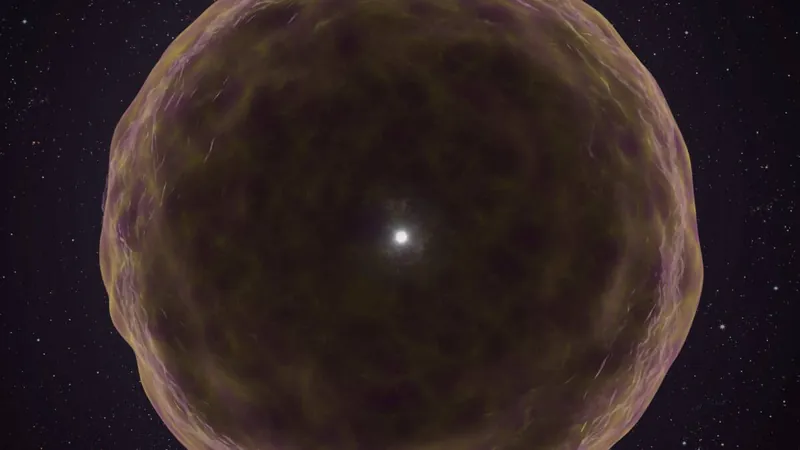
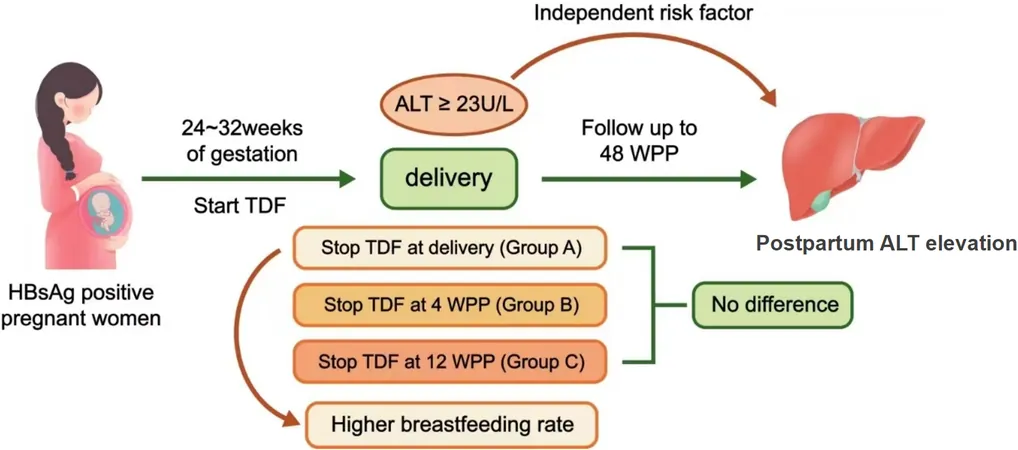

 Brasil (PT)
Brasil (PT)
 Canada (EN)
Canada (EN)
 Chile (ES)
Chile (ES)
 Česko (CS)
Česko (CS)
 대한민국 (KO)
대한민국 (KO)
 España (ES)
España (ES)
 France (FR)
France (FR)
 Hong Kong (EN)
Hong Kong (EN)
 Italia (IT)
Italia (IT)
 日本 (JA)
日本 (JA)
 Magyarország (HU)
Magyarország (HU)
 Norge (NO)
Norge (NO)
 Polska (PL)
Polska (PL)
 Schweiz (DE)
Schweiz (DE)
 Singapore (EN)
Singapore (EN)
 Sverige (SV)
Sverige (SV)
 Suomi (FI)
Suomi (FI)
 Türkiye (TR)
Türkiye (TR)
 الإمارات العربية المتحدة (AR)
الإمارات العربية المتحدة (AR)